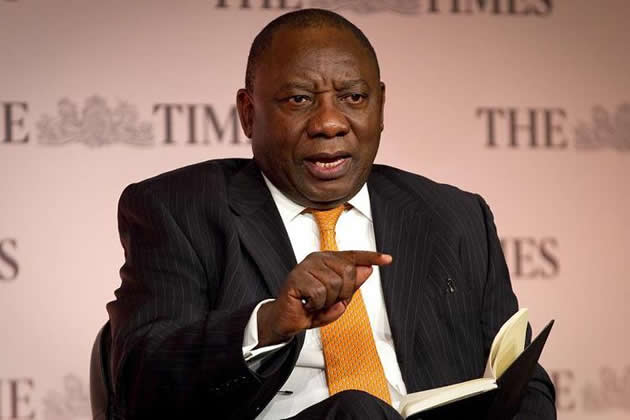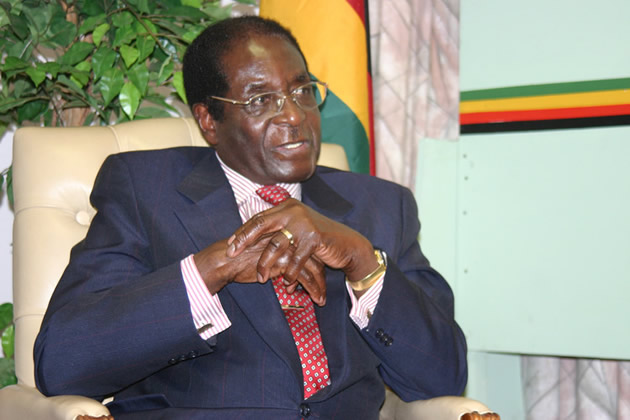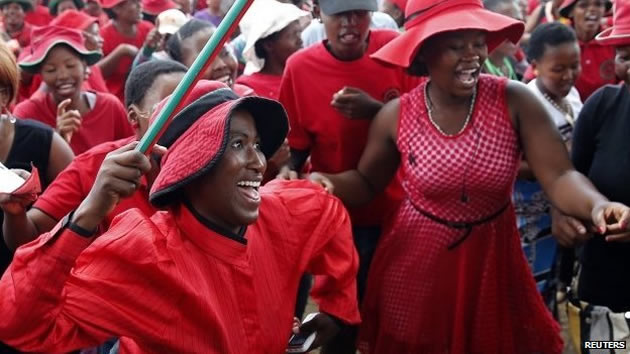Ramaphosa: Signal jamming sub judice

Cape Town. — Deputy President Cyril Ramaphosa was accused of hiding behind the sub judice rule yesterday when he declined to answer a question in Parliament on signal jamming during last month’s State of the Nation address.
“Hearings in relation to this matter will be happening in our courts in the next few days and for that reason I feel constrained to answer the question because the matters are before court,” he told MPs in the National Assembly.
Ramaphosa was responding to a written question, posed by DA parliamentary leader Mmusi Maimane, on when he (Ramaphosa) was made aware of the intended use of signal jammers, and other additional security measures, during President Jacob Zuma’s 12 February address.
Ramaphosa told MPs he had received legal advice not to respond to the question until the court cases were over.
“Save to say, as a matter of principle, I believe that it is correct we should have a free flow of information [in Parliament] and the incident that occurred here . . . should not be allowed and should not happen again.
“As regards the specific issues raised . . . I will be prepared to answer those once the legal cases have been concluded.”
Ramaphosa repeated this answer three times, in response to follow-up questions from MPs.
This provoked a point of order from Democratic Alliance Chief Whip John Steenhuisen, who accused Ramaphosa of hiding behind the sub judice rule.
“What has essentially happened here today is the deputy president has been allowed to hide behind a spurious interpretation of the sub judice rule, and the opposition has been denied the opportunity to exercise oversight over him,” he said.
Earlier, Steenhuisen appealed to Speaker Baleka Mbete that members of the House should be allowed to refer to a matter before a court, but should not be allowed to discuss the merits of a matter before the court.
The deputy president was not being asked to pronounce on the merits of the matter.
“We’re not asking him to go into specifics about the merits . . . there is a broad principle we are asking him to answer on.
“And that is his view on the use of police in this House,” he said.
Ramaphosa again repeated he would be willing to respond to questions on the matter once the court cases were settled. — Sapa.









Comments